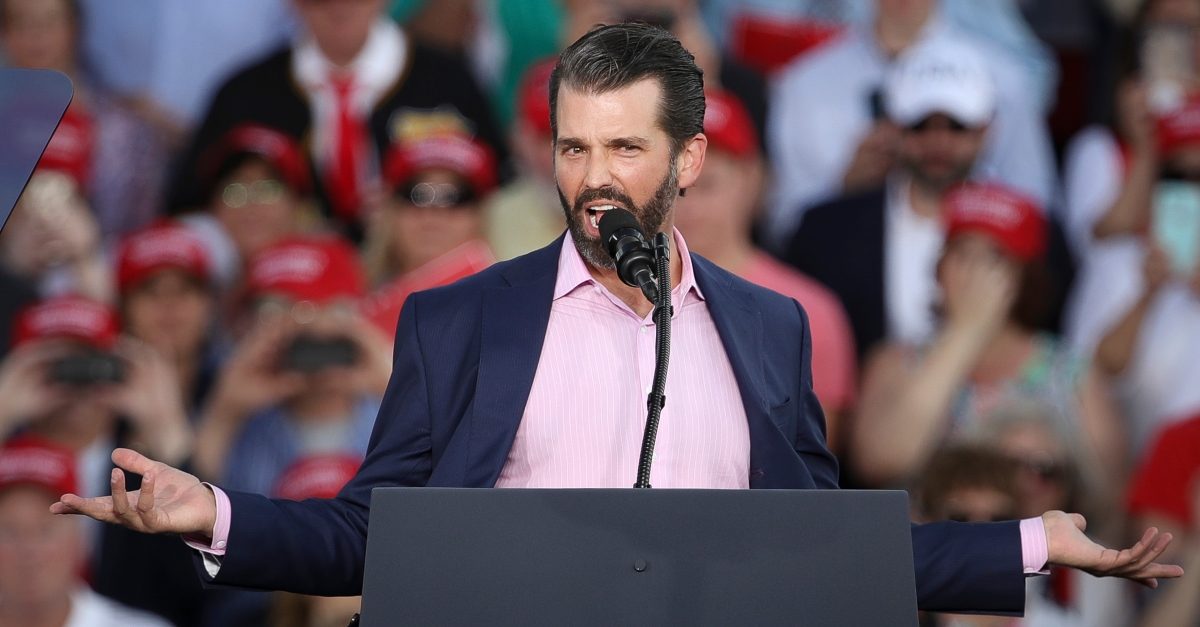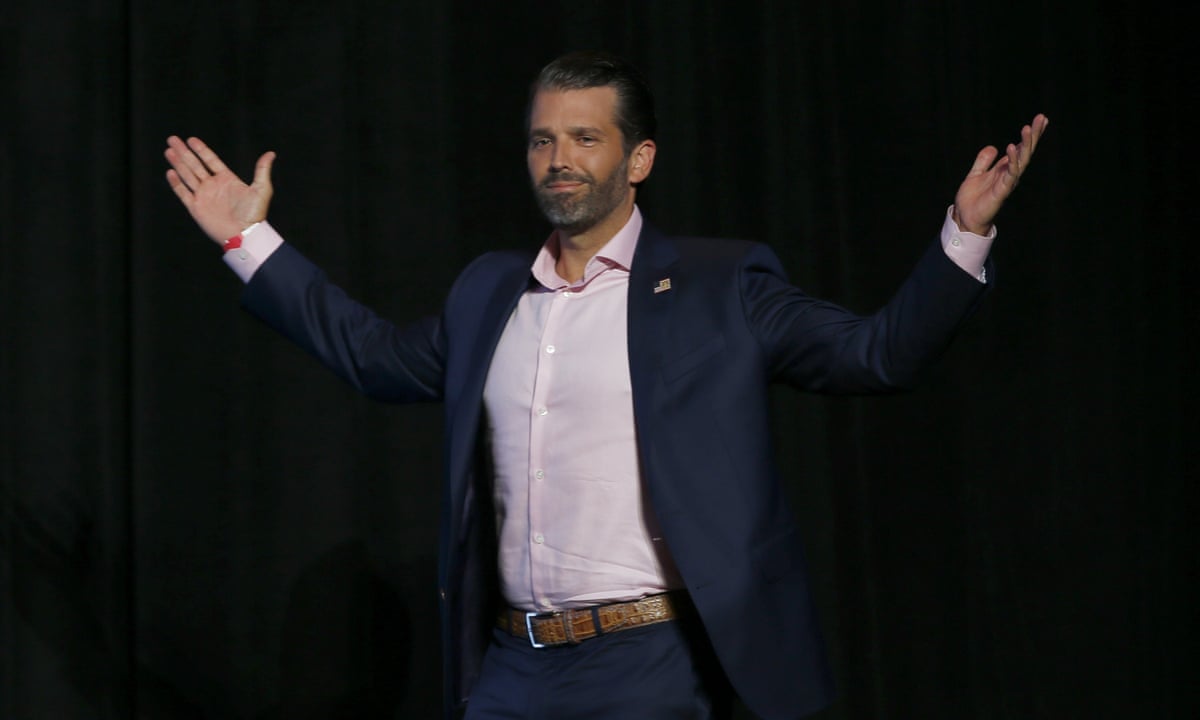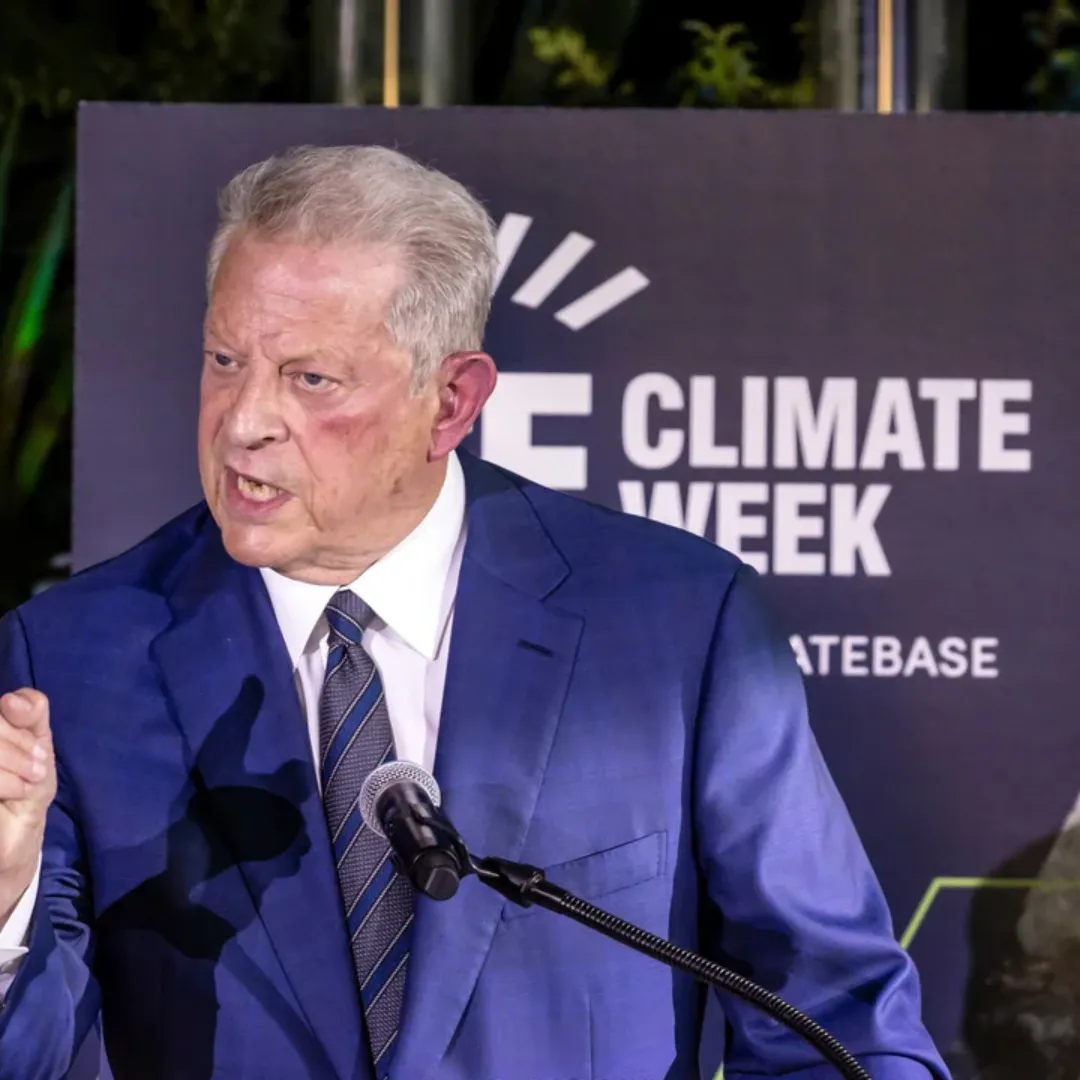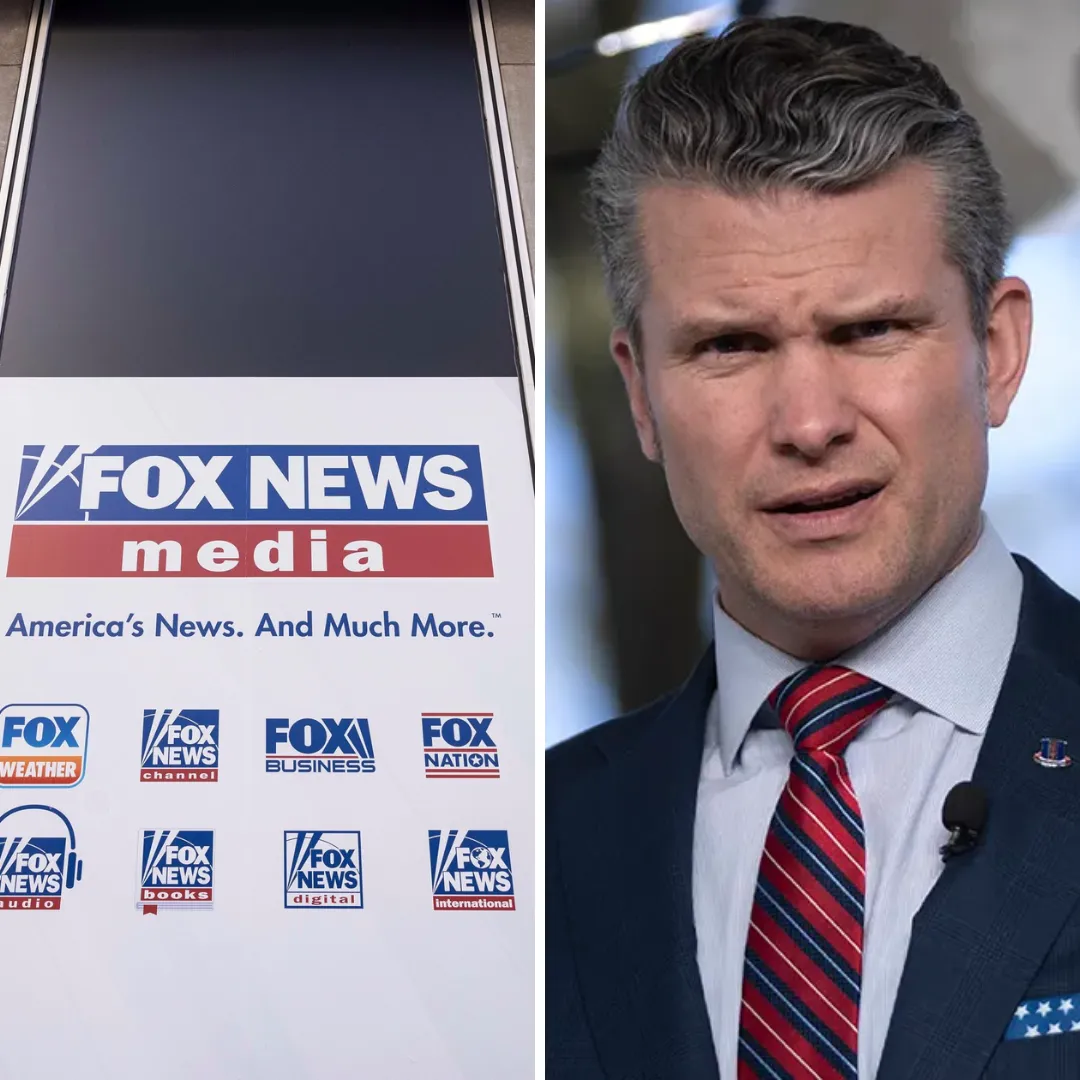Donald Trump Jr., son of former President Donald Trump, is facing intense criticism after sharing a series of controversial and widely condemned posts about President Joe Biden’s recent cancer diagnosis.
The backlash erupted across social media platforms following Trump Jr.’s shift from a brief message of sympathy to promoting conspiracy theories and mocking the Bidens, which many called “vile,” “disgusting,” and “despicable.”
The incident has further inflamed political divisions while highlighting the harshness and cruelty increasingly characterizing American political discourse.
The controversy began shortly after news broke that Joe Biden was diagnosed with an aggressive form of prostate cancer that had spread to his bones.
Initially, Donald Trump Jr. appeared to respond with a measure of empathy. He reposted a message expressing well-wishes, stating, “politics aside, we wish him a speedy recovery.”
He added his own endorsement, writing, “Agree 100%,” signaling support for the former president despite their political differences. This brief show of goodwill surprised some observers, considering the often antagonistic relationship between the Trump and Biden families.
However, the tone quickly soured. Within hours, Trump Jr. posted a follow-up message that dramatically shifted from sympathy to mockery and suspicion.
He targeted Jill Biden, the former first lady who holds a doctoral degree in education, questioning how “Dr. Jill Biden” could have missed signs of “stage five metastatic cancer” or whether this was “yet another coverup.”

He reposted a message claiming it was “highly likely” that Joe Biden had been diagnosed while still president but deliberately concealed the illness from the American public. Trump Jr. then pinned this provocative post to the top of his feed on X, amplifying its visibility and impact.
This change of tone from respect to ridicule shocked many and drew swift condemnation. Donald Trump Jr.’s message stood in stark contrast to the response from his father, former President Donald Trump, who publicly wished Biden “a fast and successful recovery.”
Prominent conservative figures, including Rep. Marjorie Taylor Greene, also expressed condolences, with Greene saying she was “sorry” to hear the news and offering prayers for Biden and his family.
Despite these more measured responses, Trump Jr.’s followers and detractors alike seized upon his inflammatory posts. Social media erupted with criticism, with many calling his behavior “disgusting” and deeply offensive to cancer patients and their families.
One Twitter user, who had lost both parents to cancer, condemned the post as “an insult to every patient and family dealing with this insidious disease,” urging Trump Jr. to “grow the fuck up.” Others described him as a “disgrace,” “vile,” and “pathetic,” accusing him of lacking basic human decency.
The reaction was not limited to political opponents. Even those who might be sympathetic to Trump Jr. expressed discomfort at the harshness of his comments.
Many users pointed out the hypocrisy of his initial well-wishing, followed by a rapid descent into conspiracy theories and mockery. Some stressed the dangers of spreading misinformation about cancer, urging people to rely on medical experts rather than baseless speculation.

Medical professionals and informed commentators stepped in to counter the conspiracy theories circulating in Trump Jr.’s posts.
They emphasized the complexity of prostate cancer, explaining that metastatic cancer can progress differently in individuals and that medical assessments often involve nuanced findings.
Oncologists and urologists urged the public to seek accurate information from trusted sources, warning that politicizing health diagnoses only serves to confuse and harm patients and families facing difficult realities.
The furor over Donald Trump Jr.’s posts reflects broader trends in American political discourse, where personal attacks and the weaponization of health issues have become disturbingly common.
Using a serious illness like cancer as a tool for political mockery crosses ethical boundaries for many observers. The incident also shines a light on the often toxic and polarized environment that surrounds public figures, where sympathy can quickly turn to scorn depending on political allegiance.
Trump Jr.’s critics highlighted the deep wounds such behavior can inflict, not only on those directly affected but also on the broader public struggling with illness or caring for loved ones.
The use of a cancer diagnosis as a platform for conspiracy theories and ridicule was seen by many as emblematic of a political culture that prizes sensationalism over compassion.

On the other hand, some supporters of Trump Jr. defended his right to question and criticize public figures, arguing that no person or topic should be immune from scrutiny. This divide underscores the challenges of navigating political commentary in an era marked by extreme partisanship and distrust.
The incident has also raised questions about the role of social media platforms in moderating or amplifying such content. Trump Jr.’s decision to pin his controversial post to the top of his feed maximized its reach, sparking debates about platform responsibility and the limits of free speech in the digital age.
As the public continues to monitor President Biden’s health developments, the conversation around appropriate responses to such news remains tense and divided.
The controversy surrounding Donald Trump Jr.’s posts serves as a stark reminder of the need for greater empathy, respect, and responsible communication, especially when addressing matters of personal health and human suffering.
The response to this episode also illustrates the sharp divisions within American society and politics, where even serious illnesses can become fodder for conflict and partisanship.
While some advocate for open and robust debate on all topics, others call for a higher standard of decency and restraint, particularly in moments that require compassion.
Ultimately, Donald Trump Jr.’s social media conduct in the wake of Biden’s cancer diagnosis has become a flashpoint in ongoing cultural and political battles. It has drawn attention to the often cruel and unforgiving nature of contemporary political discourse, the risks of misinformation, and the human cost of political polarization.

As the nation watches the former president’s health journey unfold, the episode challenges individuals and leaders alike to consider how political rivalry and personal decency can coexist—or whether the current climate makes such balance impossible. The lasting impact of these exchanges will be felt not only in politics but in the broader social fabric, influencing how society treats illness, leadership, and each other in times of crisis.


-1746294614-q80.webp)

